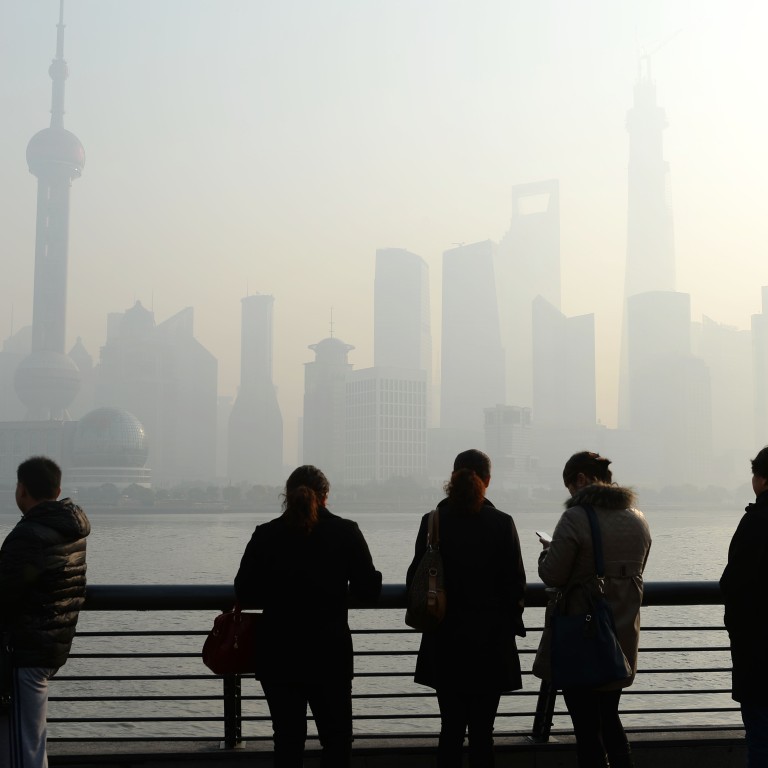
Hong Kong loses out to the mainland in fraud survey
Anti-corruption crackdown cited for mainland's better standing in fraud survey while city falters on whistle-blowing and rule-bending
Hong Kong generally fared worse than the mainland in the latest global fraud survey of EY, although other international surveys rank the city well ahead in battling corruption.
One key reason the mainland did relatively better was the government's anti-corruption crackdown over the past year, said Chris Fordham, EY's managing partner of fraud investigation and dispute services in the Asia-Pacific.
Gift giving and entertainment had dropped sharply on the mainland. "It's got to be due to the corruption crackdown," Fordham said.
Julian Russell, a director of Pacific Risk, a risk management firm, said EY's figures looked at corruption and fraud from one angle.
Russell pointed to Transparency International, whose corruption perceptions index last year ranked Hong Kong 15th, where a higher ranking indicated a lower perception of corruption, far above the mainland, which ranked 80th.
"Not every gift is a bribe or crime. It depends on the level of the gift," he said.
The mainland's anti-corruption drive has even snared several executives of drugmaker GlaxoSmithKline over bribery claims.
The mainland did better than Hong Kong on whistle-blowing, with 70 per cent of the respondents saying their company had a whistle-blowing hotline, while only 42 per cent of the Hong Kong respondents did and the global average was 51 per cent.
"Whistle-blowing is an essential tool in the fight against corruption. As an investigator, I found at least 50 per cent of the cases have arisen as a result of a whistle-blower," Fordham said.
Part of the reason fewer Hong Kong firms had whistle-blower hotlines was because most companies in the survey were smaller than their Chinese counterparts, about half of whom had annual revenues above US$1 billion, he said.
Another reason was a fear of losing their jobs, he said.
People in Hong Kong and on the mainland said giving cash would be justified if a business was at risk. A total of 42 per cent of the Hong Kong respondents agreed, as did 46 per cent of the Chinese respondents. Both figures are far higher than the global average of 13 per cent.
Cash payments were not necessarily unethical, but there was a risk they could be, Fordham said.
An overwhelming 70 per cent of Hong Kong respondents said it was justified to bend the rules to meet financial targets, such as changing assumptions of valuations and backdating contracts.
In comparison, 54 per cent of the Chinese respondents said it was justified to do so and the global average was 47 per cent.
"What is bending the rules in Hong Kong may not be bending the rules in [mainland] China. You're not comparing the same set of rules," Russell said.
Asked if it was justified to offer gifts to win or retain business, 28 per cent of Hong Kong respondents said it was, while only 16 per cent of the Chinese respondents agreed. The global average was 14 per cent.
EY's study was based on a survey by international market research agency Ipsos, which interviewed 2,719 senior company executives in 59 countries and territories, including 50 in Hong Kong and 50 in mainland China.
BAD HABITS
The percentage of respondents to EY's survey who believe at least one of the following ways can be justified in order to survive in an economic downturn: offering entertainment or personal gifts or cash payments to win or retain business, and misstating company's financial performance.
42%
55%
58%
52%

